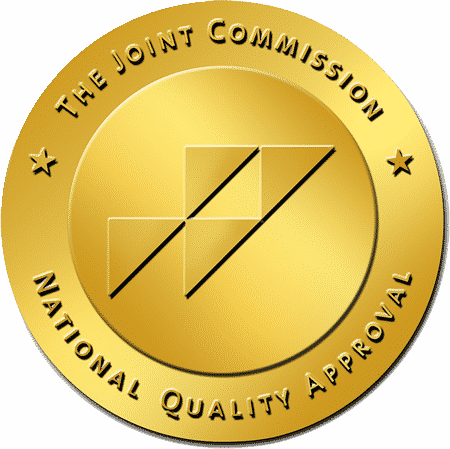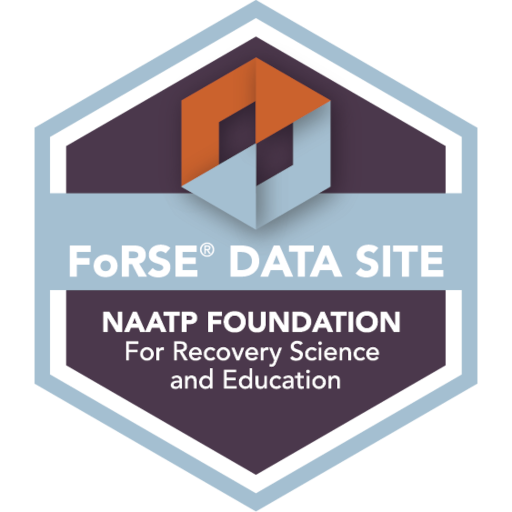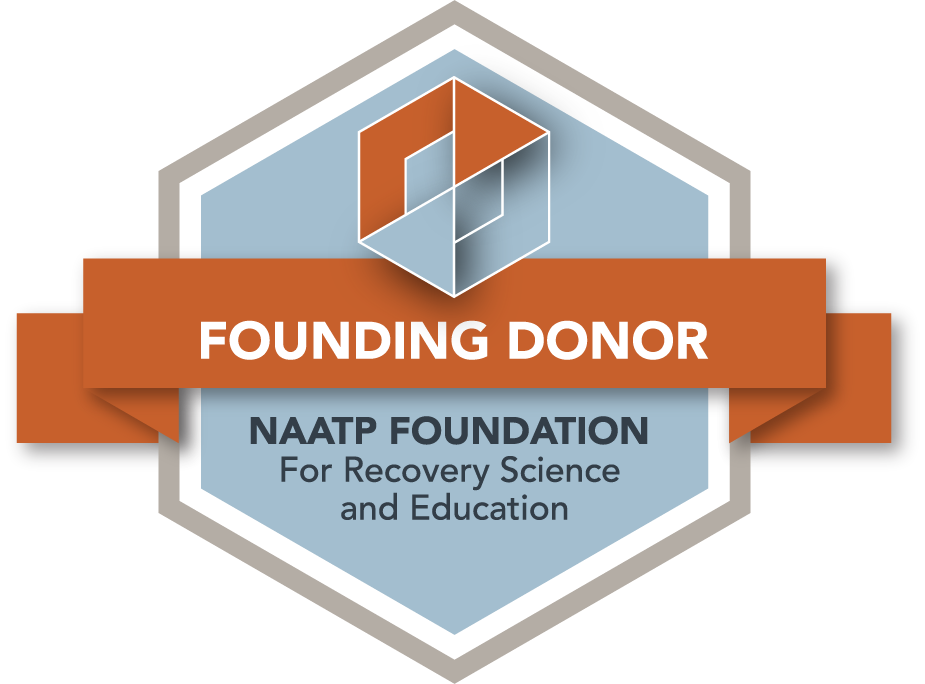Carol McCarrick knows rock bottom. She hit there and survived. Now, as La Hacienda’s case manager for male patients in their 20s, she works to help them find their way back.
Nothing in recovery is easy, but with young men it’s complicated more by several factors, says Carol.
First, there’s the effect of drugs or alcohol on developing minds.
“They may be 25 years old, but they’re really at the emotional level of a 13-year-old,” says Carol. “Once we use chemicals, we emotionally stop growing.”
Second, there are the parents.
“The most challenging part of my job is dealing with parents. They love their sons and think they can save them by giving them stuff.”
Parents also feel guilty and think she will blame them for their sons’ substance use.
“One of the first things I tell parents is, ‘You didn’t do anything wrong. You didn’t cause it and you can’t cure it.’”
Setting Boundaries
Carol describes her counseling style as “blunt.”
“My philosophy is that if you truly care about them, you hold their feet to the fire. I set good boundaries for them because they haven’t had any. I make them abide by them.”
She works to help the young men make the most of their abilities.
“They are so smart, so talented, but they have not been meeting their potential. I insist that they rise up to it.”
Part of that process is helping them understand why they are acting in immature ways and the adverse effects that has on themselves and their families.
Her patients listen to her because they know she cares, says Carol.
“They know beyond the shadow of a doubt that I care about them. There is never any doubt of that.”
They also hear her words for the same reason she listened to someone years ago.
Hitting Bottom
Carole grew up in the 1970s in West Texas and was a star high school athlete, winning a volleyball scholarship to Texas Tech University. Marijuana use in high school and a drinking habit in college increased until she lost her scholarship. She left college and moved to Austin, where she started using methamphetamine.
“As soon as I started, I knew it was going to be my downfall,” says Carol. She used for about 20 years, trying most everything she found, including iv drugs. Her mother’s death when Carol was 28 only sank her lower.
She attempted suicide and was dead on arrival at a Midland hospital, but the emergency staff revived her. She came out of her coma after ten days on life support. Her next stop was the Big Springs State Hospital.
“For some people, going to a state mental hospital would be a horrible thing. But for me, it was the blessing of my life.”
The hospital social worker assigned to Carol was in Alcoholics Anonymous. “She talked to me about my problem in a way that I could hear.”
Carol now celebrates 24 years in recovery.
Looking to a Better Future
At 37 Carol went back to college, then completed coursework and an internship in counseling.
After managing several treatment facilities in South Texas, Carol came to La Hacienda four years ago and started working with the collegiate program males.
From the first time she meets them, she’s planning for what comes after La Hacienda. “I work with both the patients and parents, getting them to understand that 30 days is just a drop in the bucket. I ask them, ‘What are you doing after this.’”
“I don’t want them to






